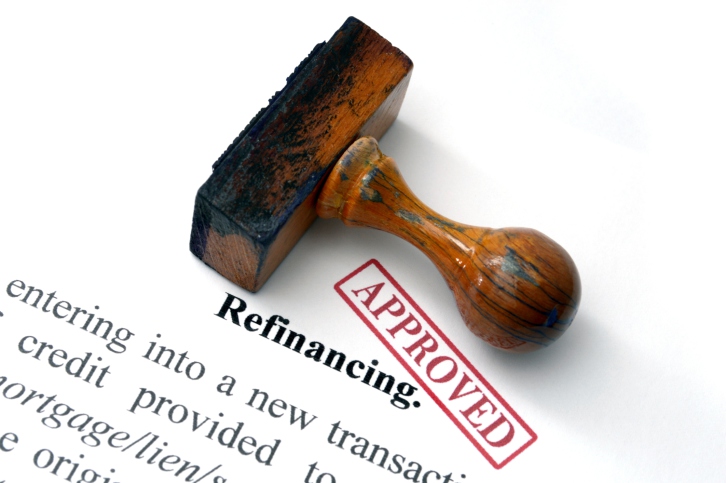How Do Mortgage Lenders Decide How Much You Can Borrow?
 When you visit your lender to get a mortgage for your home, they will tell you the maximum amount that you are allowed to borrow. But how do they reach this total and what factors do they take into consideration?
When you visit your lender to get a mortgage for your home, they will tell you the maximum amount that you are allowed to borrow. But how do they reach this total and what factors do they take into consideration?
How do they determine that one borrower can take on a bigger mortgage than the next? This decision is made by mortgage companies by considering a wide range of factors, including your credit information, your salary and much more.
Here Are Some Of The Common Ways That Lenders Determine How Much You Can Borrow:
1. Percentage Of Gross Monthly Income
Many lenders follow the rule that your monthly mortgage payment should never exceed 28% of your gross monthly income.
This will ensure that you are not stretched too far with your mortgage payments and you will be more likely to be able to pay them off. Remember, your gross monthly income is the total amount of money that you have been paid, before deductions from social security, taxes, savings plans, child support, etc.
2. Debt To Income Ratio
Another formula that mortgage lenders use is the “Debt to Income” ratio, which refers to the percentage of your gross monthly income that is taken up by debts. This takes into account any other debts, such as credit cards and loans. Many lenders say that the total of your debts shouldn’t exceed 36% of your gross monthly income.
The lender will look at all of the different types of debt you have and how well you have paid your bills over the years. By using one of these two formulas, your mortgage lender calculates the size of a mortgage that you can afford.
Of course, there are many other factors that need to be considered, such as the term length of the loan, the size of your down payment and the interest rate.
Remember that when factoring in your income, you usually have to have a stable job for at least two years in a row to be able to count your income. If you want to increase your chances, you could consider paying down your debts or buying with a co-borrower, which will improve your debt to income ratio.
For more info about mortgages and your home, contact your mortgage professional.

 Refinancing your existing mortgage may provide you with the opportunity to lower your interest rate, reduce your mortgage payment and adjust your loan term. For those homeowners who have lived in their home for more than a few years, pulling equity out of the property for everything from a luxurious vacation to making home improvements is a tempting potential benefit.
Refinancing your existing mortgage may provide you with the opportunity to lower your interest rate, reduce your mortgage payment and adjust your loan term. For those homeowners who have lived in their home for more than a few years, pulling equity out of the property for everything from a luxurious vacation to making home improvements is a tempting potential benefit. Before approving a mortgage, your lender is going to have to do his due diligence to ensure that you can afford a loan large enough to pay for a house. That means your lender will be asking you several questions about whether or not you can afford a mortgage.
Before approving a mortgage, your lender is going to have to do his due diligence to ensure that you can afford a loan large enough to pay for a house. That means your lender will be asking you several questions about whether or not you can afford a mortgage.